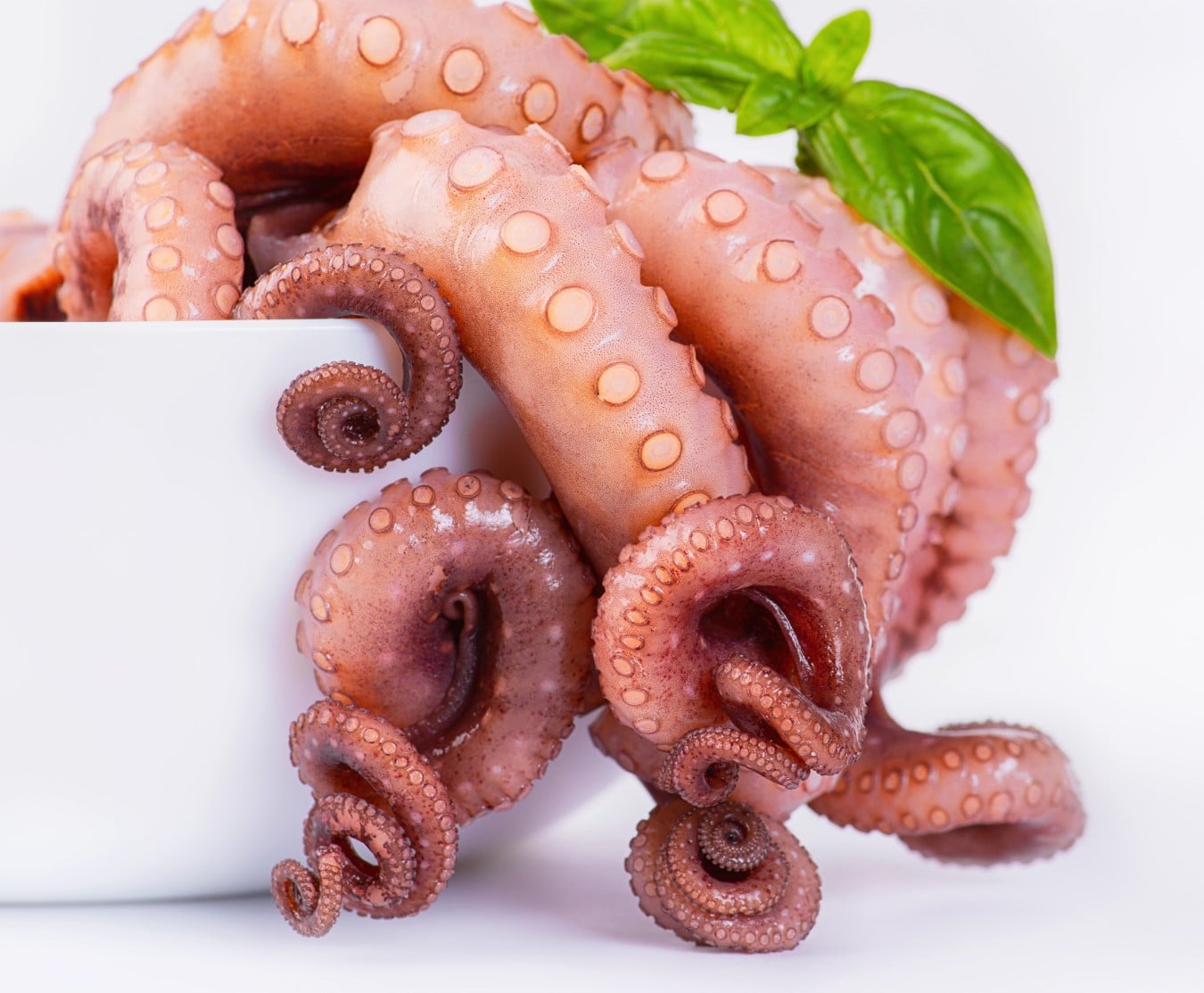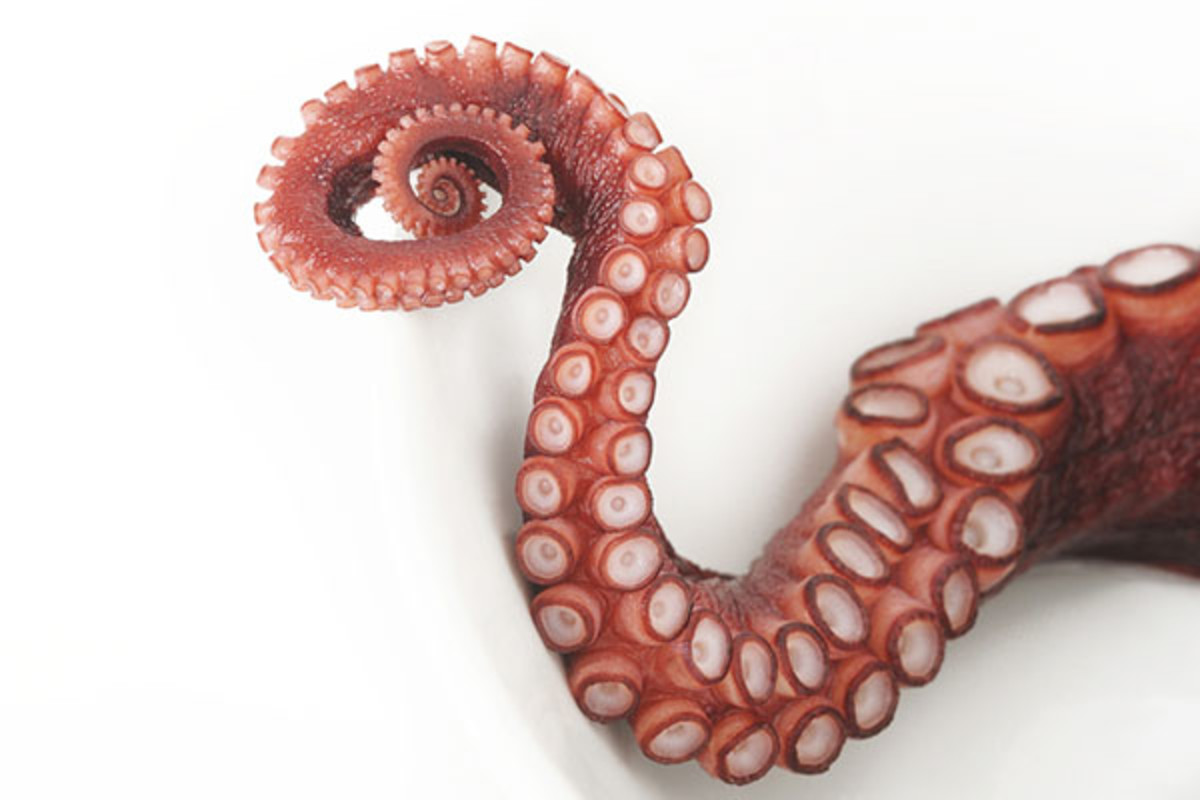
Introduction
Octopuses are fascinating creatures that inhabit the depths of the ocean. Known for their intelligence and unique adaptations, one of the most intriguing aspects of octopuses is their tentacles. These remarkable appendages play a crucial role in the octopus's survival, allowing them to navigate their environment, capture prey, and communicate with others of their kind.
Anatomy of Octopus Tentacles

The tentacles of an octopus are elongated and flexible, equipped with suckers along their length. These suckers serve various purposes, such as providing the octopus with a strong grip on objects and prey, as well as assisting in their sense of touch. Each tentacle contains numerous neurons, allowing the octopus to have a remarkable sense of touch and dexterity.
Function of Octopus Tentacles

Octopus tentacles serve several essential functions for these intelligent creatures. Firstly, they are crucial for locomotion. By contracting and expanding their tentacles, octopuses can move through the water with remarkable agility. The suckers on their tentacles assist in gripping onto surfaces, allowing them to crawl, swim, and even walk along the ocean floor.
Secondly, the tentacles are used for capturing prey. Octopuses are skilled hunters and use their tentacles to ensnare fish, crustaceans, and other marine creatures. The suckers on the tentacles help secure the prey, preventing it from escaping. Once captured, the octopus may use its beak-like mouth to deliver a paralyzing bite, ensuring a successful hunt.
Additionally, octopus tentacles are involved in communication. These intelligent creatures can change the color and texture of their skin, allowing them to blend into their surroundings and communicate with other octopuses. They can also use their tentacles to gesture and communicate through touch, conveying information to nearby individuals.
Unique Adaptations

Octopus tentacles possess several unique adaptations that contribute to their remarkable abilities. One notable adaptation is their ability to regenerate. If an octopus loses a tentacle due to injury or predation, it can grow a new one to replace it. This regenerative ability allows the octopus to recover quickly and continue functioning effectively in its environment.
Another fascinating adaptation is the presence of chemoreceptors in the suckers of octopus tentacles. These chemoreceptors enable the octopus to detect chemical cues in the water, assisting in finding food and avoiding predators. This remarkable sense of smell enhances the octopus's chances of survival in its complex marine ecosystem.
Conclusion
Octopus tentacles are truly remarkable appendages that play a vital role in the survival and success of these intelligent creatures. From locomotion to hunting and communication, the tentacles are multifunctional and highly adaptable. Their unique anatomy and abilities make them a subject of fascination for researchers and marine enthusiasts alike.